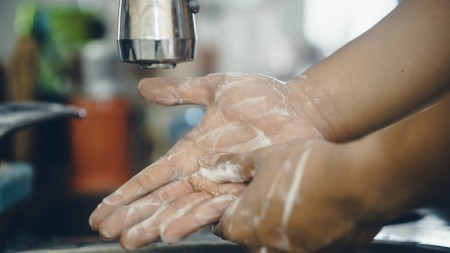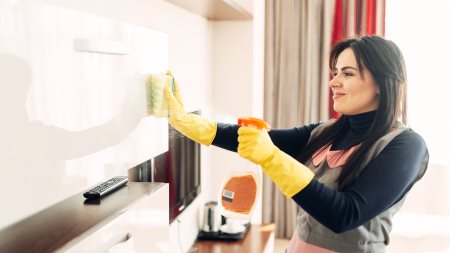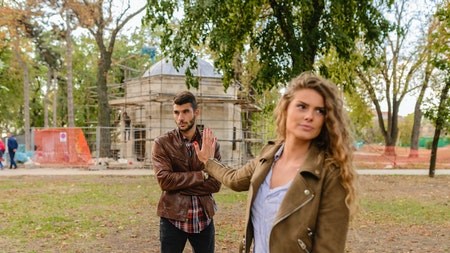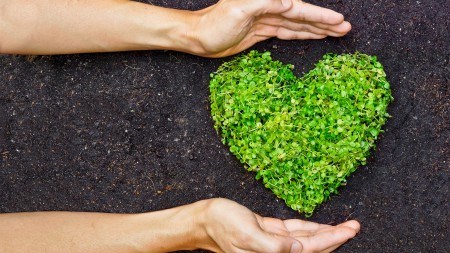Here are the precautions you should take before, during and after someone has entered your home during lockdown.
The most headache-worthy problems have a tendency to occur at the most inconvenient times – Murphey’s law, right? During lockdown, a burst geyser or faulty wiring is the last thing you want to see happen, yet it can happen to anyone, at any time. Read more below on how to safeguard yourself, your family and those who have to enter your home during lockdown, should these instances occur.
Before the visit: Disinfect frequently touched surfaces
Before your ‘’visitor’’ comes over, make sure your home is clean and safe. Before you sanitise every corner of your space, think about high-risk areas. Mike Greeff, CEO of Greeff Christie’s International Real Estate says that ‘’chances are, whoever is coming won’t need to be in every room of your house, so take special care to only disinfect whatever spaces or surfaces are going to be visited or touched’’.
If you or any of your family members are feeling ill, think twice about how important the visit really is and consider postponing. ‘’Alternatively, if it’s an emergency, be up front about the situation with your visitor and allow him/her to decide whether to continue the job or not” says Greeff.
During the visit: Wear masks, maintain distance, and avoid touching the same surfaces
When the visitor arrives, skip the handshake greetings. Now that the Health Ministry recommends everyone wear masks, you can wear one and encourage your visitor to, as well. (Although it’s likely they may bring their own, since they’re out in public.)
While your plumber or electrician does their work, adhere to social distancing guidelines by staying a meter apart whenever possible. Greeff says that “it’s perfectly reasonable to practice safe distancing while someone is in your home. Instead of hovering, stay in another room and make yourself available if or when they need you’’.
At the end, always opt out of touching the same surfaces your visitor has touched. For example, your electrician might ask for a credit card payment after the work is complete. Instead of handing the card over, rather do an EFT and send proof of payment immediately.
After the visitor leaves: Wash your hands and disinfect
Once the job is complete and the pro has left your home, you can then set out a plan to disinfect immediately. Proceed to disinfect all the areas the service professional may have touched from the beginning to the end of the job. It is advised to disinfect unexpected surfaces that the service professional may have been in contact with so think of places like the floor they walked on, the walls they touched, and any tools they may have used of yours.
Wash the clothing you and your family wore during this visit, as well as any towels or mats that would’ve been used or walked on. Additionally, open the windows and the doors to ensure clean air is circulated. As these times of uncertainty continue, we must adhere to the government regulations. This means only allowing service professionals to enter your home for essential services and if an emergency occurs, ensure that everyone involved practices these safety measures in order to stay safe.




